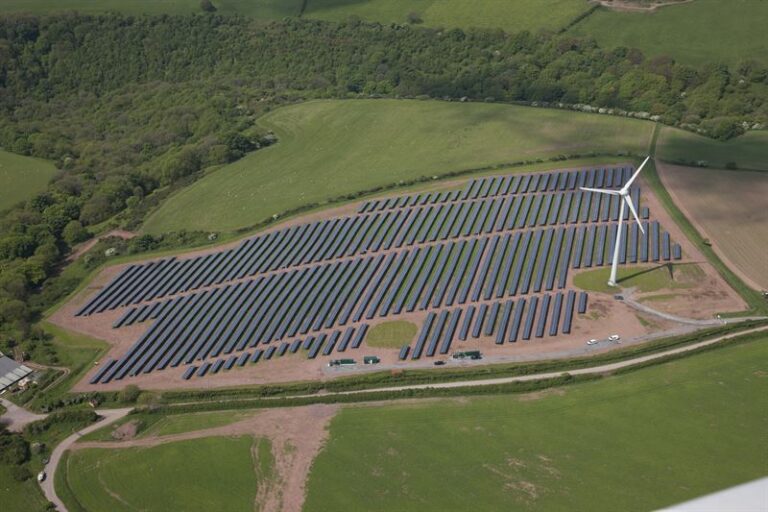The UK’s growing energy storage fleet could reduce market risk for Contracts for Difference (CfD) projects. While a CfD protects renewable energy generation projects from price volatility, storage can help reduce negative prices, according to AFRY’s John Perkins.
Speak with Energy storage.newsPerkins, senior director at consultancy AFRY, stressed that negative prices pose a “major risk” to generators and could amount to “several hundred” hours per year.
But energy storage can help reduce market risks around imbalance costs. Without this, the costs of managing forecast errors would continually increase.
Perkins explained: “CfD wind receives a fixed income per megawatt hour, but is exposed to market risk due to the imbalance costs. Greater use of storage, and therefore a smoothing of imbalance prices, is an advantage for CfD generators. It helps reduce costs associated with forecasting errors and balancing.”
Danish energy company Ørsted has recently taken the final investment decision (FID) for the installation of a BESS at its Hornsea 3 offshore wind farm. The range of additional services and revenue profile of the BESS, in addition to its favorable position within the UK electricity system and co-location for efficient construction and operation, support the investment scenario, says Ørsted.
As of November 2023, a total of 56 ground-mounted solar projects have received support in the Allocation Round 5 (AR5). Historically, the program has primarily awarded contracts to offshore wind energy projects; AR5 was also the first round to be conducted annually (instead of every two years).
The full version of this article is available with premium access Energy storage.news.


